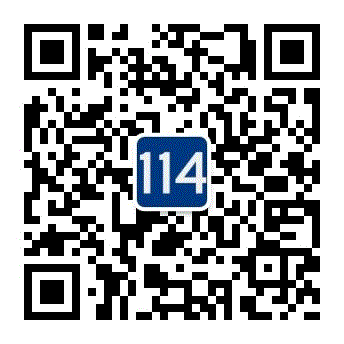群狼调研(长沙市场调查公司)通过街头拦截访问、 NPS 推荐口碑调查、电话访问、网络调查等多种形式调查服务,帮助客户解决问题,其中在进行焦点小组座谈会时,需要注意以下事项:
1. 预先准备:确保事先准备好会议室、设备和材料,并确保所有参与者都收到邀请并了解会议的时间、地点和目的。
2. 提供清晰的指导:在座谈会开始前,向参与者提供清晰的指导,解释座谈会的目的、流程和规则。确保每个人都了解他们的角色和期望,并鼓励他们积极参与讨论。
3. 创建良好氛围:营造一个开放、尊重和安全的环境,鼓励参与者自由表达意见,互相尊重和倾听彼此的观点。确保没有人受到歧视或被过度干扰。
4. 适度引导讨论:作为主持人或研究者,适度引导座谈会的讨论,确保主题相关、有针对性,并避免过度偏颇或个人偏见的影响。同时,也要给予参与者充分发言的机会。
5. 关注平衡和多样性:确保座谈会的参与者代表了不同的背景、经验和观点,以便获得多样化的意见。避免一个或少数人主导讨论,确保每个人的声音都得到充分听取。
6. 注重记录和笔录:确保有人负责记录和记录座谈会的讨论内容和要点。这可以通过音频或视频录制、笔记或摘要的形式进行。确保记录准确、客观,并保持参与者的匿名性。
7. 尊重个人隐私和保密性:确保参与者的个人信息和意见得到保护,不要公开透露任何可能导致参与者身份被暴露的信息。保证参与者的隐私和保密性。
8. 感谢和反馈:在座谈会结束后,向参与者表达感谢,感谢他们的时间和参与。如果可能的话,提供反馈或汇总报告,让参与者了解他们的意见对研究的贡献。
最重要的是,确保座谈会的过程和结果得到公正和透明的处理。这将有助于保持参与者的信任,同时提供有价值的数据和见解供进一步分析和研究使用。
群狼调研(湖南市场调查)服务公共事业单位客户项目包含了食品安全满意度、平安建设工作满意度、扫黑除恶群众满意度、水电气用户满意度、社会风险稳定性调查等多种类型第三方测评项目,通过电话调查、网络问卷和街头访问等方式调研有效样本超1,000,000个。
Focus Group Discussion Notes
When conducting a focus group discussion, it is important to take detailed notes to capture the key points, insights, and discussions that arise during the session. Here are some tips for taking effective focus group discussion notes:
1. Prepare in advance: Familiarize yourself with the discussion guide and objectives of the focus group. Make sure you have a clear understanding of the topics to be covered and any specific questions or prompts to guide the discussion.
2. Use a structured template: Create a note-taking template that includes sections for important details such as participant names, date, time, location, and the moderator's name. This will help organize your notes and make them easier to refer back to later.
3. Record verbatim quotes: When participants share particularly insightful or meaningful statements, try to capture their exact words. Verbatim quotes can provide valuable context and support for your analysis.
4. Summarize key points: As the discussion progresses, summarize the main points and themes that emerge. Note the areas of agreement or disagreement among participants, as well as any notable patterns or trends.
5. Capture non-verbal cues: Pay attention to non-verbal cues such as body language, facial expressions, and tone of voice. These cues can provide additional context and insights into participants' attitudes and emotions.
6. Take note of follow-up questions: If certain topics require further exploration or clarification, jot down any follow-up questions that arise during the discussion. This will help guide future research or discussions on related topics.
7. Be objective and impartial: As the note-taker, strive to maintain objectivity and impartiality. Avoid inserting personal opinions or interpretations into your notes. Focus on accurately capturing what was said and the overall dynamics of the discussion.
8. Clarify unclear statements: If a participant's statement is unclear or ambiguous, politely ask for clarification to ensure you accurately capture their intended meaning.
9. Highlight notable quotes or moments: Use highlighting or underlining techniques to mark particularly significant quotes, moments, or observations that stand out during the discussion. These can serve as memorable points of reference when analyzing the data.
10. Review and organize notes: After the focus group, review and organize your notes while the discussion is still fresh in your mind. Make sure they are clear, coherent, and free from any spelling or grammatical errors.
Remember, the quality of your focus group discussion notes will greatly impact the analysis and insights derived from the session. Taking thorough and accurate notes is essential for capturing the essence of the discussion and informing future decision-making processes.
联系我时,请说是在黄页网看到的,谢谢!











